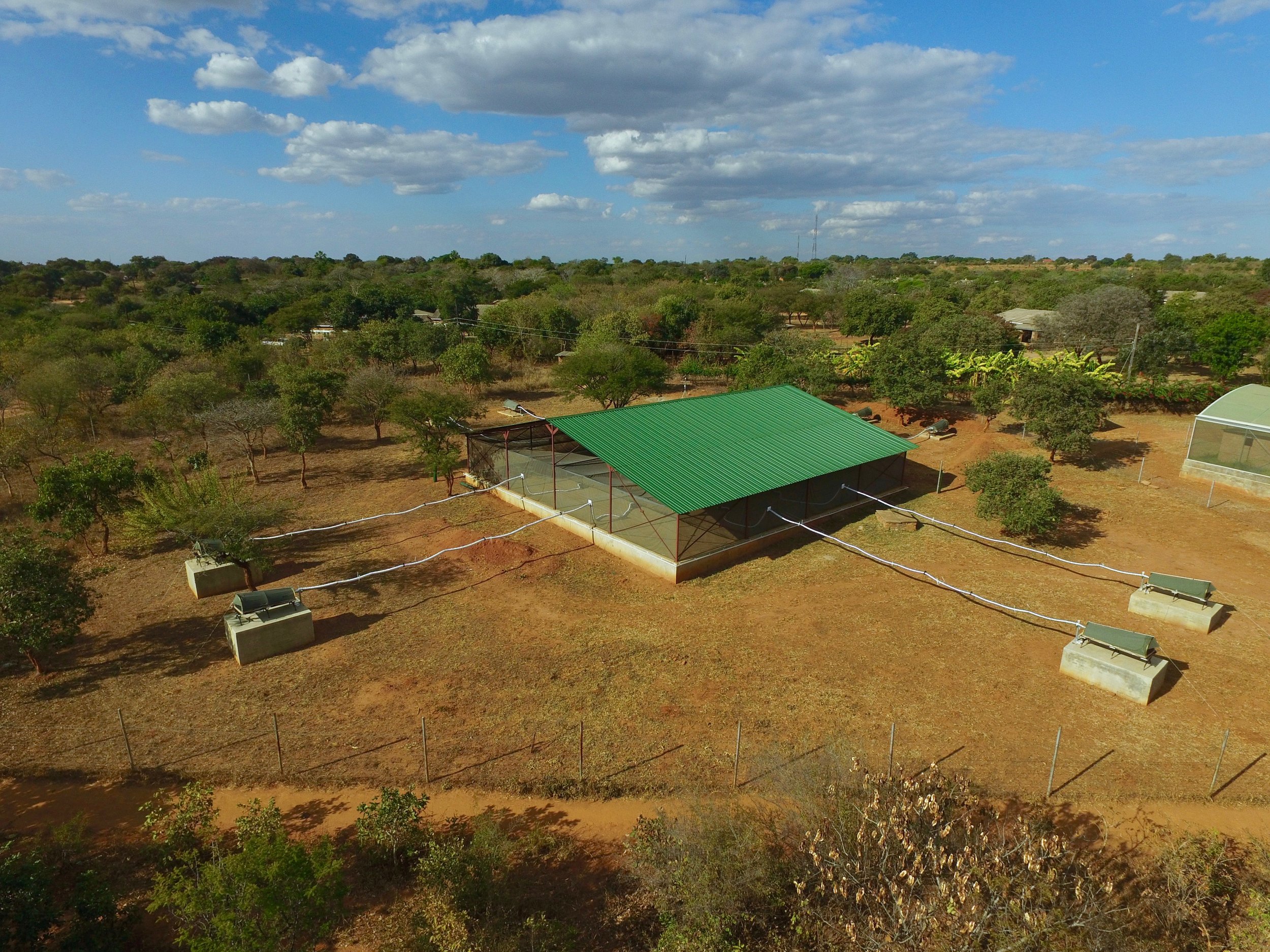
Research
Combating Mosquito-Borne Disease for a Healthier Future
Mosquito Sensory Neurobiology
The sensory neurobiology of how mosquitoes hunt humans and find sites to lay their eggs are not well understood. We are applying innovative semi-field and neurogenetic methods to elucidate how human scent and oviposition cues are detected and integrated by the mosquito nervous system to evoke these behaviors. We aim to improve our fundamental understanding of the mosquito sense of smell and leverage these insights to develop new strategies to control mosquito-borne diseases.
Whole Body Volatilomics
To expand chemical space used for the discovery of airborne mosquito attractants, we have engineered a booth-style sampling chamber that enables collection and analysis of chemical headspace from the entire human body. We are employing this technological advance in our group to comprehensively profile the chemistry of human body odor. We aim to engineer highly attractive synthetic chemical lures for malaria and dengue vectors.
Next-Generation Gene Drives
Gene drives are selfish genetic elements that subvert the normal laws of inheritance to rapidly increase their prevalence over time in organismal populations. We are developing advanced gene drives for mosquito population suppression and replacement. We aim to generate flexible and sustainable synthetic strategies to control malaria and dengue.


